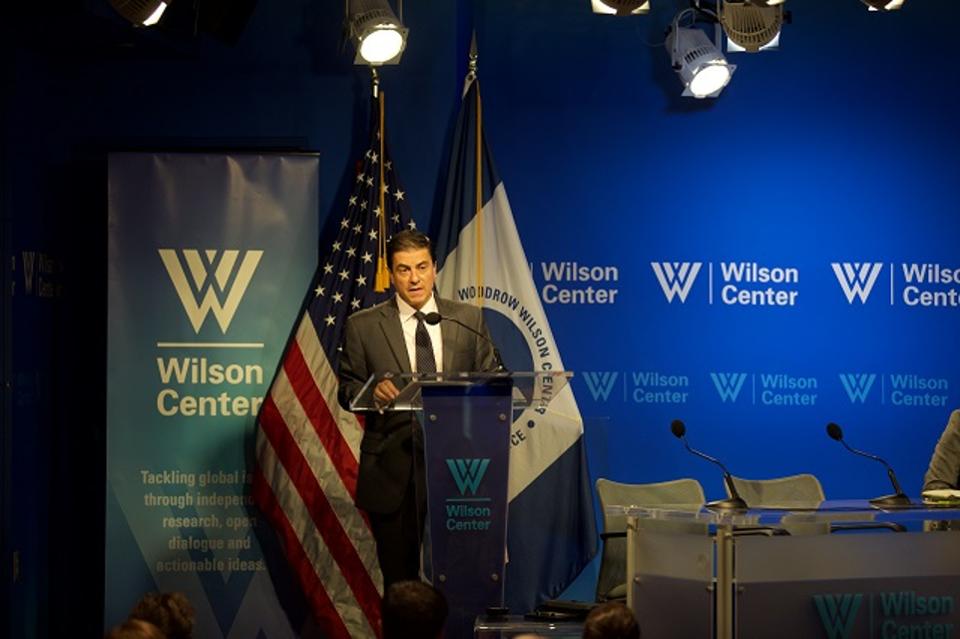At a recent event on North American energy at the Wilson Center in Washington D.C., the inaugural speech was given by Mexican Ambassador Gerónimo Gutiérrez. In a somber mood, Gutiérrez talked of the importance of continuing collaboration on energy policy but emphasized the risks of the failure of the NAFTA negotiations currently underway between the three North American governments. He pointed to the importance of Investor-State Dispute Settlement (ISDS) mechanisms and the dangers of losing those protections for investors in the energy sector. But he proposed an alternative solution, in the event of a NAFTA withdrawal. The Ambassador suggested that the Mexican congress would consider legislation that would encode those same investor protections into national law before the end of the Peña Nieto administration.
There was an almost palpable sigh of relief from big oil representatives present in the audience (and watching the event online from Houston and Mexico City). The weak point of the 2013 Mexican energy reforms has always been the risk that investors would lose their protections from expropriation (or actions tantamount thereto) if NAFTA were to end.
Back in the heady days of 2013 and ’14, that possibility seemed so far removed from reality as to appear ludicrous. And yet we now face a future where NAFTA’s protections are far from guaranteed. And so it is incumbent on Mexico to take its destiny into its own hands and institutionalize those protections for investors through legislation.
Of course this raises the question of what else remains to be done in Mexico that has been avoided for years by seeking alternative solutions.
Click here for full article on Forbes
Source: https://www.forbes.com/


